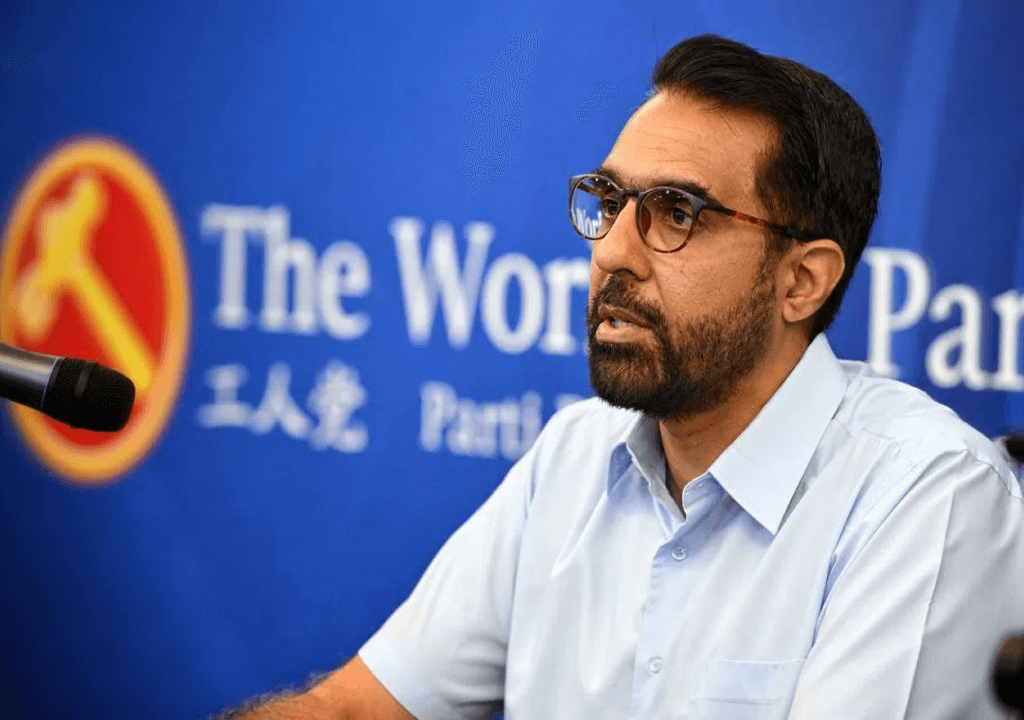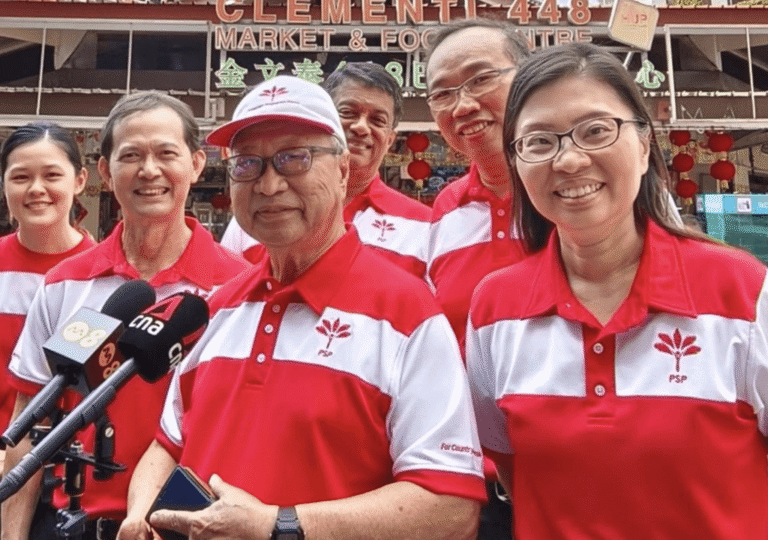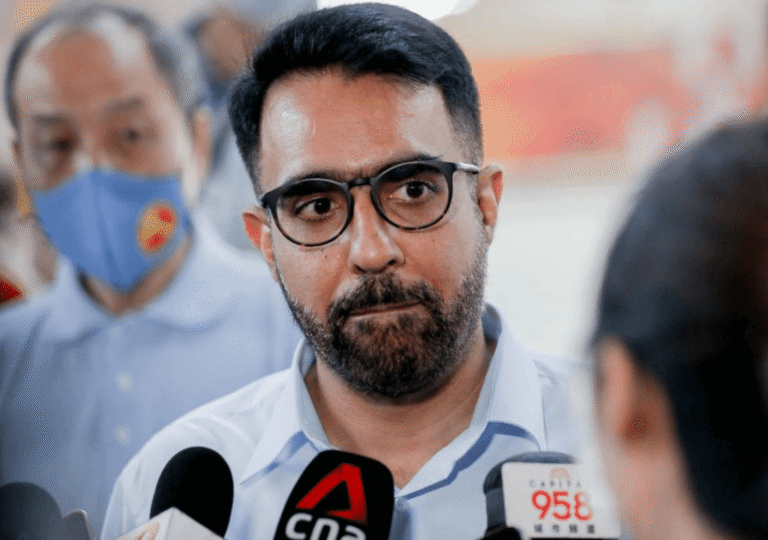The latest revision of Singapore’s constituency map, shaped by opaque criteria, has once again cast a spotlight on the country’s electoral system. Critics argue that, like past adjustments, these changes are calibrated to safeguard the ruling People’s Action Party’s dominance. They also warn that the redraw will further erode the already tenuous presence of the opposition in Parliament. Yet, opposition leaders have offered only tempered responses, stating that they are reviewing the revisions and adjusting their strategies. Their restraint has revived an enduring question: does Singapore’s opposition genuinely seek to challenge the PAP, or does it merely function within the narrow confines of a system designed to keep power firmly in place?
For many, the sequence of events felt familiar—another election, another map redraw, another quiet acquiescence. But in a rare departure from this script, Workers’ Party chief and opposition leader Pritam Singh has openly questioned the fairness of the new constituency map. His remarks, the first since the Electoral Boundaries Review Committee released its report on March 11, mark an uncommon break from the opposition’s usual caution. In a political landscape where dissent is carefully measured, Singh’s statement—though restrained—signals a moment worth watching.
What Did Pritam Singh Say?
The opposition leader, who has been charged with allegedly providing false testimony to the Committee of Privileges, criticized the latest electoral changes in a Facebook post on March 25. Describing them as among the most drastic boundary revisions in Singapore’s recent history, he rejected the official explanation that population growth had driven the changes. He noted that many political observers viewed this rationale with skepticism and highlighted growing concerns among young Singaporeans about the fairness of the redistricting process under the People’s Action Party (PAP) government. Stressing the significance of electoral boundaries, he argued that the justifications for altering them must be subject to greater scrutiny.
Arbitrary boundary determination
The Electoral Boundaries Review Committee (EBRC), working under guidelines set by the prime minister, is responsible for redrawing electoral boundaries ahead of general elections. This year, it proposed changes in 22 of Singapore’s 31 constituencies. While the committee has historically remained tight-lipped about its rationale, it cited population shifts as the driving factor behind this round of revisions, which also had ripple effects on neighboring constituencies. Notably, voter numbers have increased by 13,000 to 23,000 in Pasir Ris-Punggol, Sembawang, and Tampines GRCs, as well as in the single-member constituencies of Hong Kah North and Potong Pasir since the 2020 elections.
Pritam Singh, the opposition leader, underscored the precarious position of opposition-held constituencies, emphasizing that no seat is truly secure and that the prospect of an opposition wipeout remains an ever-present reality. He noted that election results for individual wards and precincts, even within Group Representation Constituencies (GRCs), are closely scrutinized. Stressing the broader implications of electoral boundary changes, he argued that the EBRC’s decisions matter deeply to Singaporeans, who seek not just representation but a political system that fosters trust through a fair and functional social compact.
Singh called on the People’s Action Party (PAP) to release voting data from individual precincts, including those in Marine Parade GRC that were shifted to East Coast GRC, allowing the public to independently assess the changes. He also referenced the Forward Singapore report, a vision introduced by the PAP’s fourth-generation leadership that frames fairness as a national value. However, he cautioned that such ideals ring hollow when concerns about fairness emerge at the very foundation of the electoral process. Singh warned that opaque institutions like the EBRC risk deepening societal divisions—an irony, given that national unity is more crucial than ever in the face of geopolitical shifts, economic uncertainty, and demographic transitions.
Appeal for a Balanced Political System
With speculation mounting about an early election, even the Workers’ Party, Singapore’s main opposition, does not see itself as a formidable challenger to the ruling People’s Action Party. Meanwhile, calls for fair elections and a more equitable democratic system are gaining momentum across the country.
Pritam Singh has now stepped into the debate, highlighting the need for a more balanced political landscape. He argued that the latest EBRC report underscores how much further Singapore must go in building a democracy founded on justice and equality. While he has largely remained measured in the past, Singh now asserts that each generation has a responsibility to shape this vision and strengthen national unity.







